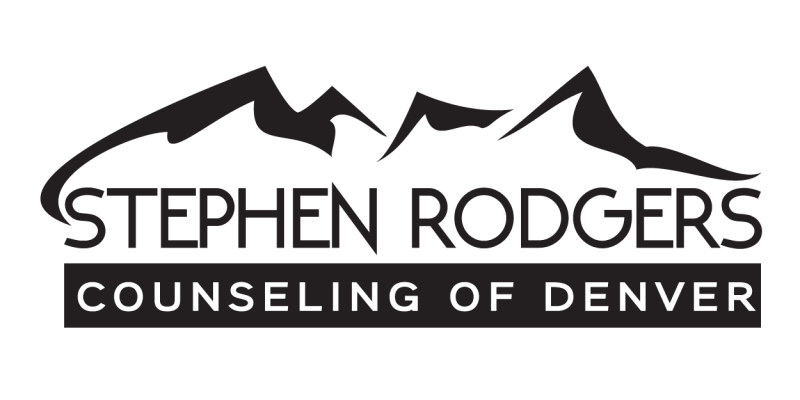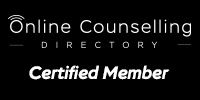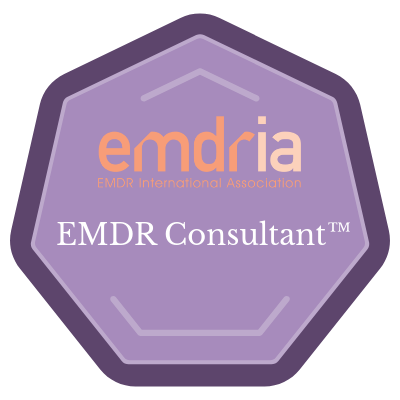Sexual abuse is a topic pretty much no one wants to think about, let alone talk about, though it happens every single day. How many times on the news do you see a formerly respected individual hiding behind their hands, being led to a police car with a headline about suspected child pornography or molestation charges? Often.
That’s because it is a widespread issue that affects more people in your life than you may know. And, sexual abuse can take many different forms, some that don’t even involve physical contact. Here, we’ll discuss the different types of sexual violence, how abusers manipulate their victims and what to do if it’s happened to you or someone you love.
Grooming
Sexual abusers can look like your next door neighbor, your grandfather, your sister, or your best friend. There is no rhyme or reason as to what a sex abuser looks like. And, even trickier is that in many cases, the victim knows the abuser, making the situation extremely difficult to deal with and get out of.
The term “grooming” is used often to describe how a familiar face can turn into that of a sexual abuser. The process involves being overly nice, generous and kind. Perhaps the abuser makes you feel that you are special, talented or one of a kind. This is all to gain trust into believing what they tell you to do later. For parents, it’s hard to tell when this is happening. Should you simply trust no one? Not necessarily, but do watch out for extra-ordinary admiration for your child and extensive time spent alone. If you suspect something, check in with your child or limit their interactions until you can figure out more.
Touch & Non-Touch
Not all sexual abuse involves touching. In fact, even simply denying that a women be able to use birth control is a form a sexual abuse. Further, filming unclothed children or exposing yourself to a child may not involve touching, but it certainly child sexual assault.
Here are some more examples that happen every day that are considered by mental health professionals to be forms of sexual abuse:
- Rape
- Groping
- Exposing oneself
- Asking a child to expose themselves
- Incest
- Inappropriate and unwanted sexual language
- Showing a child innapropriate sexual images
- Using technology to send or show inappropriate sexual images to someone
- Using drugs to subdue someone for sexual activity
- Underage sexual activity by an adult and a minor
- Sexual exploitation by professionals or using sexual requests to manipulate another
- Sex trafficking
What to Do at the Time
If you are able to find out about the abuse while it is happening, you are clearly in a sensitive situation. First, you certainly want to separate the victim and abuser immediately or keep them away from each other. Next, find out more. Find out what happened and try to get dates and times. After that, you can contact a sexual abuse organization about steps to take, contact the police or both. You will probably want to also schedule a therapy session for your child and yourself to have a place to safely and confidentially talk to someone who knows how to help you process these specific emotions.
Each situation is different and you’ll want to be sure you are not creating more danger by taking certain steps. Make sure you have also taken any pictures of physical signs of abuse for use later. Certainly, there is no right or wrong way to go about this and it will be a chaotic and confusing time for all. Depending what exactly happened and by whom will determine your course. Here are some immediate resources:
National Sexual Assault Hotline
Call 800.656.HOPE (4763) to be connected with a local trained professional
RAINN Chatline
Click to chat with a trained RAINN (Rape, Abuse & Incest National Network) professional
What to Do Later
If the abuse happened a long time ago and you’ve either just remembered it, just found out about it, or experienced it yourself and are past the crisis stage, you may want to consider a few options when it comes to healing.
One can be cognitive therapy which in regular human language is talk therapy. Typically, your therapist will ask you to discuss the event and talk about your feelings, helping you develop coping methods as well as providing a safe place to release your emotions from the event(s). Another very effective method is EMDR or “Eye Movement Desensitization and Reprocessing.” It’s a method where you use your physical body to remove painful and traumatic memories. Literally, your therapist will ask you to follow a light with your eyes and use other techniques to help your brain attempt to “re-wire” the trauma.
It’s an interesting method and one we’ve written a lot about. If you want to learn more details about EMDR, check out our article: “EMDR and How it Can Help You Cope With Traumatic Experiences.” Finally, and this is really the foundation of it all, just take care of yourself. Breathe. Eat good food. Get outside. Take a walk. Call a friend. Drink water. Laugh. Pet a dog. Draw a picture. Lift some weights. Do whatever it is that you like to do that helps you relax. In time, you’ll get better and better at taking care of yourself. The pain won’t ever go away completely, but you can learn to live a happy life despite of it.
Conclusion
Sexual abuse and assault should never happen. But, it does and it’s common. You can learn to live a life of joy by taking care of your physical and emotional needs. If you’re a young or adult man reading this, I know that it can be especially hard to go through this kind of pain. Don’t feel like any less of a man because someone hurt you in a shameful way. You are an incredibly strong person for getting this far. Keep breathing, keep your head up and if you need support, reach out. I’ve included some resources below and if you have a personal question, you can always contact me at stephen@rodgerscounseling.com, by calling 720-295-4233, or by scheduling a session.
[maxbutton id=”2″ ]…[maxbutton id=”1″ ]
Resources:
Rape, Abuse & Incest National Network







